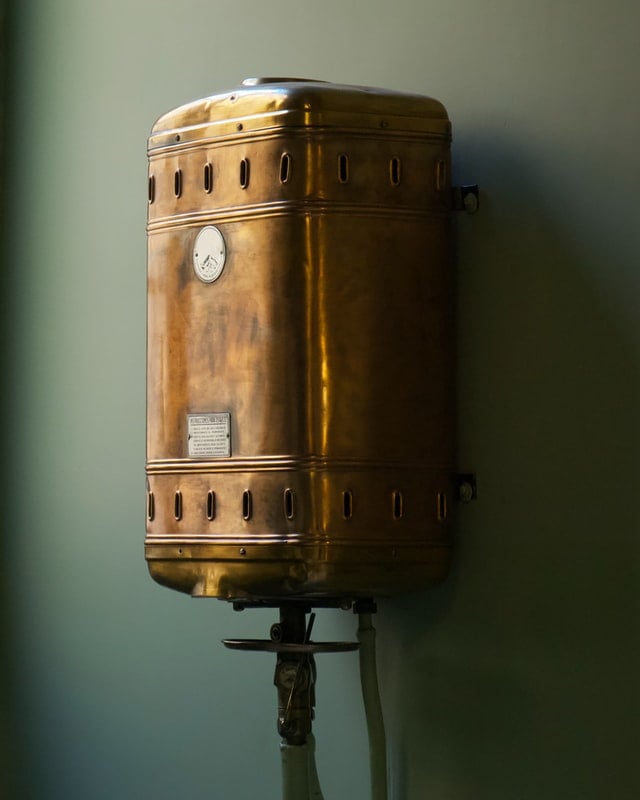6 Ways You Can Save Money on Your Water Bills
Did you know that heating home water costs are responsible for about 18% of your energy bill? According to the US Department of Energy, that’s the average for American households. Keep on reading to find more ways to save money on your water bills.
Hot water in the home is not something we pay much attention to; we take it as a regular part of everyday living. When it’s not available, we start to realize just how much comfort and convenience it gives us. So how do you balance the essential need for hot water against the sizable utility bills it comes with?
1. Insulate Storage Tank
Whether it’s heated by natural gas, oil, or electricity, it’s essential to insulate your tank to reduce heat loss and minimize the number of times you have to turn it on. Pay attention to the manufacturer’s recommendations which usually include not covering the burner, thermostat, and the tank’s top and bottom.
Insulating the tank may not be something you can do on your own, so it is best to call in the experts. Check out General Air Conditioning & Plumbing here.
2. Adjust the Thermostat Down
The average household will be comfortable with a water heater thermostat reading 120 degrees Fahrenheit, though many manufacturers set it at 140 F. So, this is one of the first and most simple changes you can make to save money.
To understand how insignificant this change is, in terms of your water temperature, lower the thermostat to 120 F and take a shower with this new setting. Chances are you will not feel much change in the water temperature.
However, this decrease cuts costs, minimizes scalding and slows corrosion and mineral buildup in water pipes and water heaters, all of which are expenses you can do without.
3. Install a Heat Trap
A heat trap stops unwanted convection and heated water from flowing from the water heater, but at the same time, it allows the inflow of cold water to the tank.
You may not need to install heat traps if your water heater is relatively modern. However, if your unit is over ten years old and still in good condition, a heat trap would enhance its energy efficiency.
4. Use Cold Water
This may seem somewhat counterintuitive in the context of water heating efficiency. Nevertheless, you need to take a step back and ask whether you need to use heated water for every function you currently use it for.
There are likely a lot of home activities that can be performed just as comfortably with cold water. For example, you can readily use cold water to brush your teeth, rinse your hands, and do many laundry loads.
5. Drain the Tank Regularly
It is good maintenance practice to drain the water heater tank at least once a year. Draining helps eliminate the sediment that could lower the unit’s efficiency and impede heat transfer.
This is a relatively straightforward process. Still, it’s essential to read through the manufacturer’s directions in case there are certain factors you need to pay attention to that are specific to the brand or model. If you are not comfortable doing this task, call a professional.
6. Fix Leaking Faucets
Leaky faucets tend to be ignored before they are dealt with – especially minor trickles of water that do not look like much. Over time though, leaks can be a significant source of money and water wastage. The EPA estimates that about 10% of American homes have leaks that waste more than 90 gallons of water per day.
If your heated water is leaking, you are spending more on energy bills than you should. Fix leaking faucets immediately. Do not forget your outdoor faucets as well.
Keep a Lid on Your Utility Bill
A water heater is an essential convenience of everyday living. But all the joys it brings can become dismayed if your energy bills spiral out of control. Apply these tips to ensure you spend only as much money on water heating as you need to.






